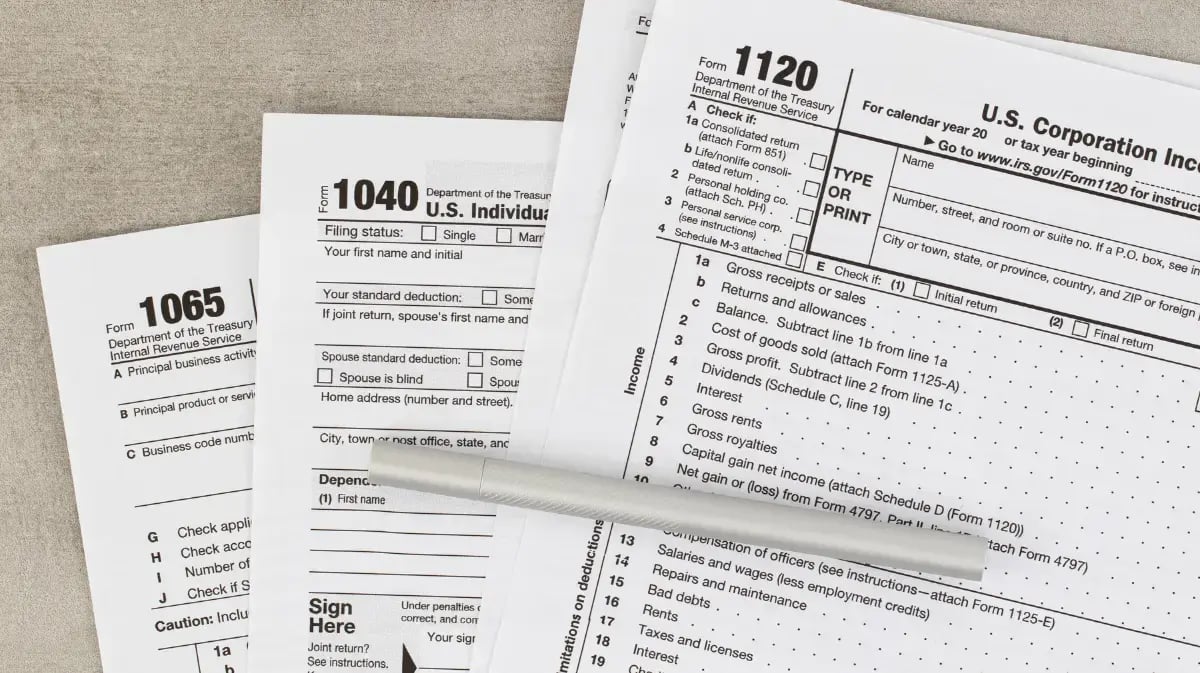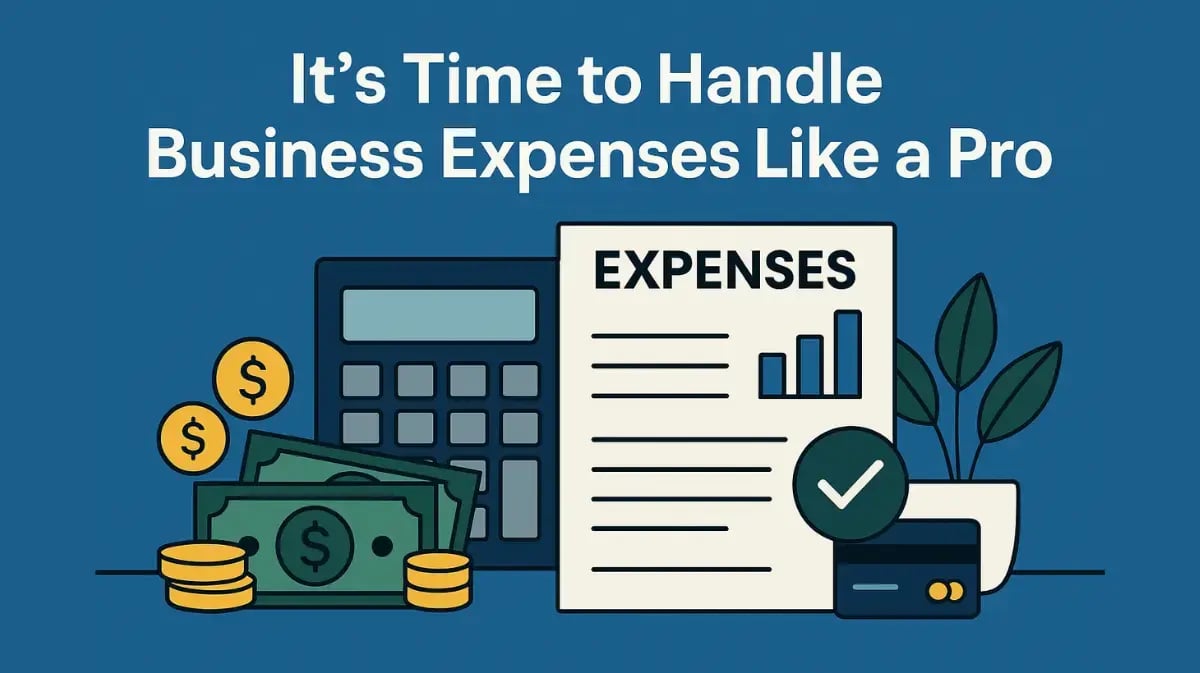3 Best Practices for Keeping Business and Personal Accounts Separate
May 15th, 2025
5 min read
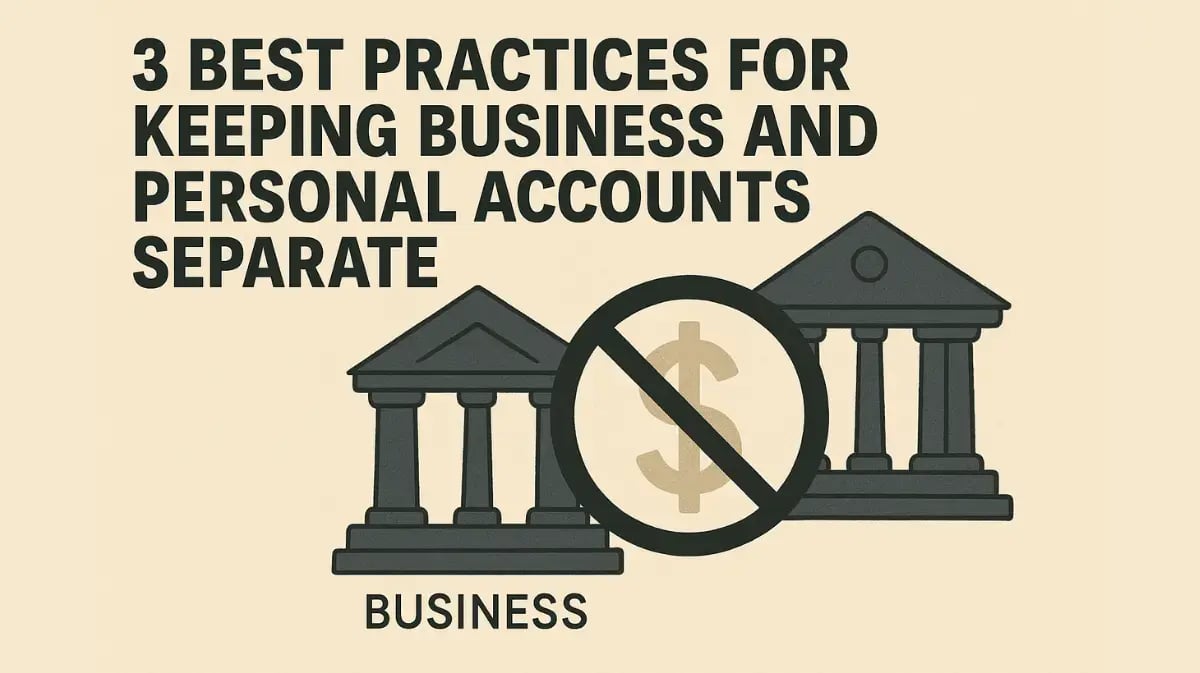
When you own a business, your personal and business finances can easily get tangled up. At first, it might not seem like a big deal. You pay for lunch with your business card one day, and the next day, you pay for office supplies with your personal credit card. But over time, this mix-up can cause major headaches.
Think of it like your laundry—if you throw in your red shirt with a load of whites, everything turns pink. In the same way, mixing business and personal money can blur the lines, create confusion, and lead to serious problems with taxes, bookkeeping, and potential legal considerations.
The good news? Keeping things separate isn’t hard once you build the right habits. Below, we’ll walk you through three best practices that every small business owner should follow to keep business and personal finances in their own lanes.
#1: Open a Dedicated Business Bank Account
If you do nothing else to get your finances organized, start here: open a business bank account.
This is the foundation of good business bookkeeping—and one of the smartest moves you can make to get your financial house in order. A business bank account gives you a dedicated place to deposit customer payments, manage business expenses, and keep track of where your money’s going. Whether you're buying tools, paying rent, or running ads online, it all flows through one account meant just for your business.
But this isn’t just about making things tidy—it’s about treating your business like a real business.
That separation between your personal and business finances is key. It protects your personal assets, simplifies your taxes, and builds credibility with banks, customers, and potential partners.
Think of it as drawing a bold line between you and your business. It’s cleaner, safer, and sets you up for long-term success.
Why It Matters:
Clean records = clear insights: When all your business income and expenses flow through one dedicated account, keeping your books accurate and up to date is much easier. You’ll always know where your money is coming from—and where it’s going.
Tax time becomes way less stressful: No more digging through old credit card statements, trying to remember what they were for. With clean, categorized transactions from a separate business account, tax filing becomes faster, more accurate, and a lot less frustrating for you and your accountant.
You’ll look more professional: Having a separate business account sends a strong signal that you’re running a real, serious operation. It builds credibility with vendors, customers, and banks, and it’s often required if you want to apply for a business loan or line of credit.
#2: Pay Yourself the Right Way
It’s your business, so you can just take money out whenever you want, right?
Not quite. How you pay yourself matters more than most people realize. If you pull money from the business account randomly or without documentation, you could run into tax trouble or even lose the legal protections your business structure was meant to give you.
Let’s say you formed an LLC or a corporation. One of the biggest benefits is limited liability—meaning your personal assets (like your house or savings account) are generally protected if your business is sued or falls into debt. But that protection isn’t bulletproof.
If you treat the business bank account like your personal piggy bank—making untracked withdrawals for groceries, vacations, or random expenses—it’s called commingling funds. And if something goes wrong, a court could decide that you and your business aren’t really separate. That’s called piercing the corporate veil, and it can leave your personal finances wide open to business liabilities.
So, How Should You Pay Yourself?
That depends on how your business is set up:
- Sole Proprietors and Single-Member LLCs: You can take what’s called an “owner’s draw.” This means you transfer money from the business account to your personal account. You don't pay payroll taxes at the time of the draw, but you do pay self-employment taxes when you file your tax return.
- S Corporations: You should pay yourself a “reasonable salary” through payroll. That means you’ll receive a paycheck, pay payroll taxes, and get a W-2 at the end of the year. You may also be able to take additional profit distributions after paying yourself.
- Partnerships or Multi-Member LLCs: You’ll typically take distributions based on your ownership share and may receive guaranteed payments for work you do in the business. Like sole proprietors, these earnings are subject to self-employment tax when you file your personal return.
Why It Matters:
Taxes are clearer: Paying yourself correctly helps avoid underpayment penalties and tax-time surprises. It keeps your estimated taxes on track and your stress levels down.
Your books stay accurate: Separating personal income from business expenses keeps your financials clean. That means better budgeting, fewer headaches, and more reliable reporting.
You look legit to lenders and investors: A consistent, well-documented compensation plan shows you run a serious, stable business. It builds trust with banks, partners, and anyone else looking under the hood.
#3: Use Business Accounting Software
It’s tempting to manage your finances with a spreadsheet—or worse, just by remembering what you spent. But as your business grows, that DIY approach gets risky fast. Trying to juggle receipts, bank statements, and tax documents manually is a recipe for errors, missed deductions, and a lot of stress.
That’s where accounting software comes in. Tools like QuickBooks Online or Xero are designed to make your life easier. They connect directly to your business bank account and credit card, pulling in transactions automatically. From there, you can quickly categorize expenses, generate financial reports, and track your income in real time.
Whether you’re running a one-person shop or managing a growing team, this software gives you a clear picture of your business health without having to be a spreadsheet wizard.
Why It Matters:
Catch problems early: You’ll know immediately if cash flow is dipping, an invoice hasn’t been paid, or spending is getting off track. That means fewer surprises and more control.
Save time and reduce stress: Instead of spending hours each month manually entering numbers or hunting for receipts, let automation do the heavy lifting.
Avoid costly tax mistakes: Accounting tools help you stay organized throughout the year so that when tax season rolls around, you’re not scrambling. They make it easier to track deductions and calculate estimated taxes.
Many small business owners delay setting up accounting software because they’re worried it’s too complicated or expensive. But the truth is, getting started before things get messy will save you hours of cleanup later.
What Can Happen if You Don’t Separate Business and Personal Finances?
Let’s talk about what can go wrong. Unfortunately, we’ve seen it happen more often than we’d like.
- You miss out on deductions: Can’t prove that lunch was with a client or that those office supplies were really for work? Then the IRS probably won’t let you deduct them. And when deductions go out the window, your tax bill goes up. Keeping clean records is the key to keeping more money in your pocket.
- You risk an audit: The IRS may consider mixed accounts a red flag. If your books are unclear, the IRS might disallow legitimate deductions or open a full-blown audit. Clear separation keeps your records defensible and your peace of mind intact.
- You create confusion: Planning to apply for a loan? Sell your business someday? Bring on a partner or investor? If your financials are a mess, it will slow everything down or scare people off. Lenders and buyers want to see clean, credible financial statements. Mixed accounts muddy the waters and hurt your business’s value.
Draw the Line and Keep It Clear
Running a business is hard enough without making things more complicated. Keeping your business and personal finances separate isn’t just a “best practice”—it’s a way to protect your business, simplify your taxes, and create peace of mind.
Here’s a quick recap of the habits that make a big difference:
- Open a dedicated business bank account and use it only for business income and expenses.
- Pay yourself the right way, based on your business structure and tax situation.
- Use accounting software to track everything and stay on top of your finances.
These small steps can prevent big headaches, save you time and money, and help your business grow with confidence.
You don’t have to figure it all out alone—TMA Accounting is here to help you every step of the way. Book a call with us today to see if we can help you make sense of your finances.
Blog Disclaimer: Nothing in this post constitutes legal, tax, or financial advice and is intended for informational and educational purposes only. This informational and educational material is not intended, and must not be taken, as legal, tax, or financial advice on any particular set of facts or circumstances or as recommendations that are suitable for any specific person. You need to contact a lawyer, accountant, or financial adviser licensed in your jurisdiction for advice on your specific questions, issues, and concerns. View our full Terms of Use here.
Topics:





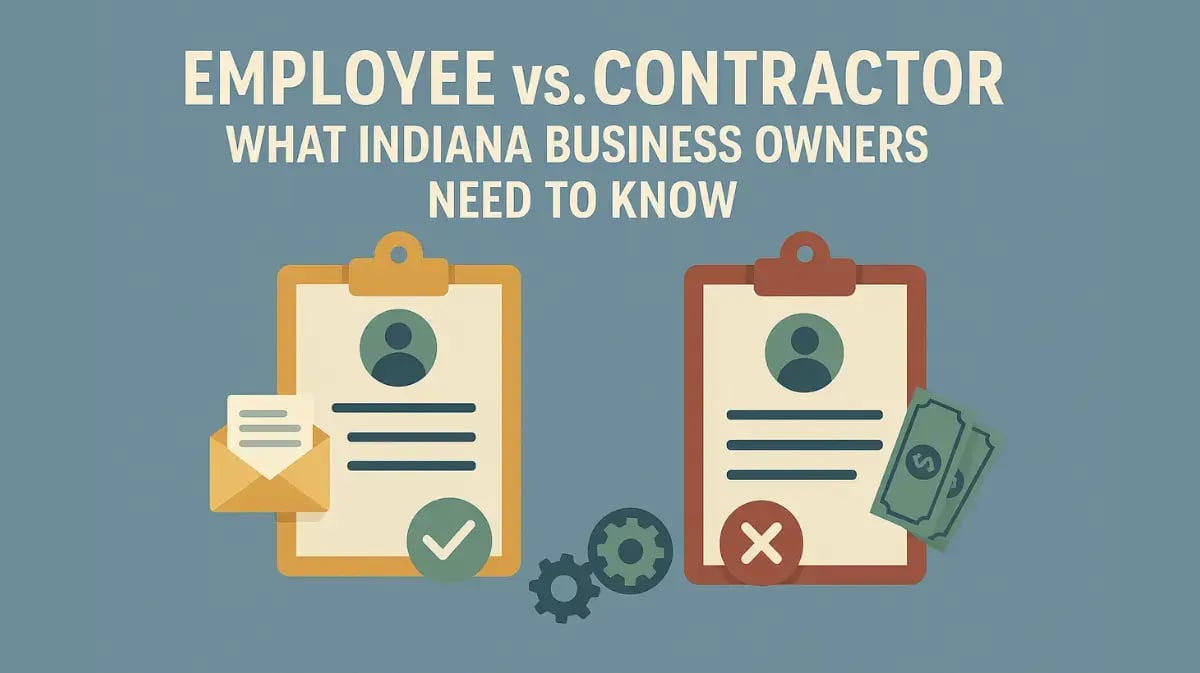

%20Early.webp?width=1200&height=673&name=5%20Consequences%20of%20Withdrawing%20from%20a%20401(k)%20Early.webp)

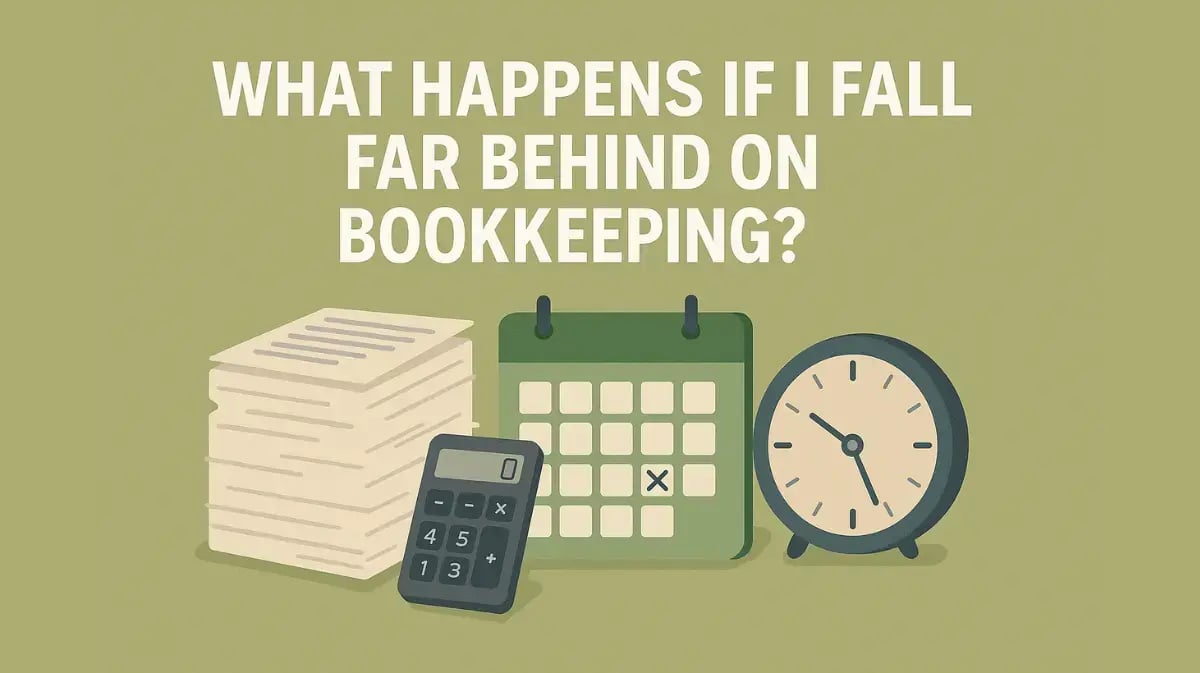
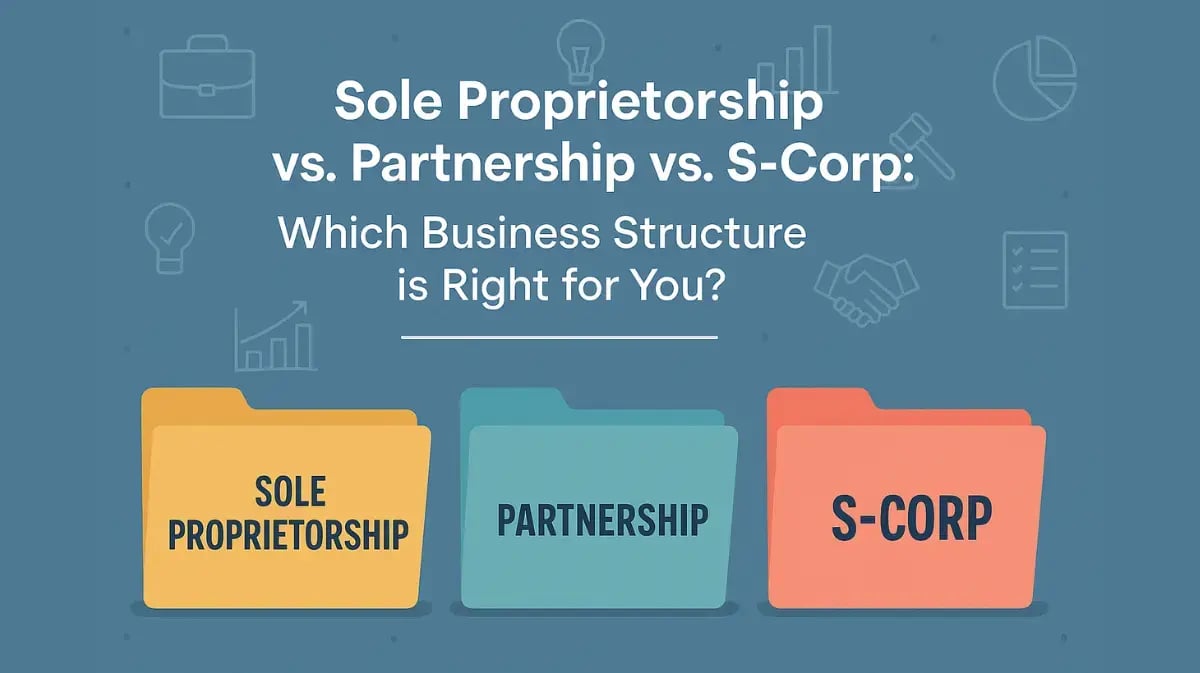
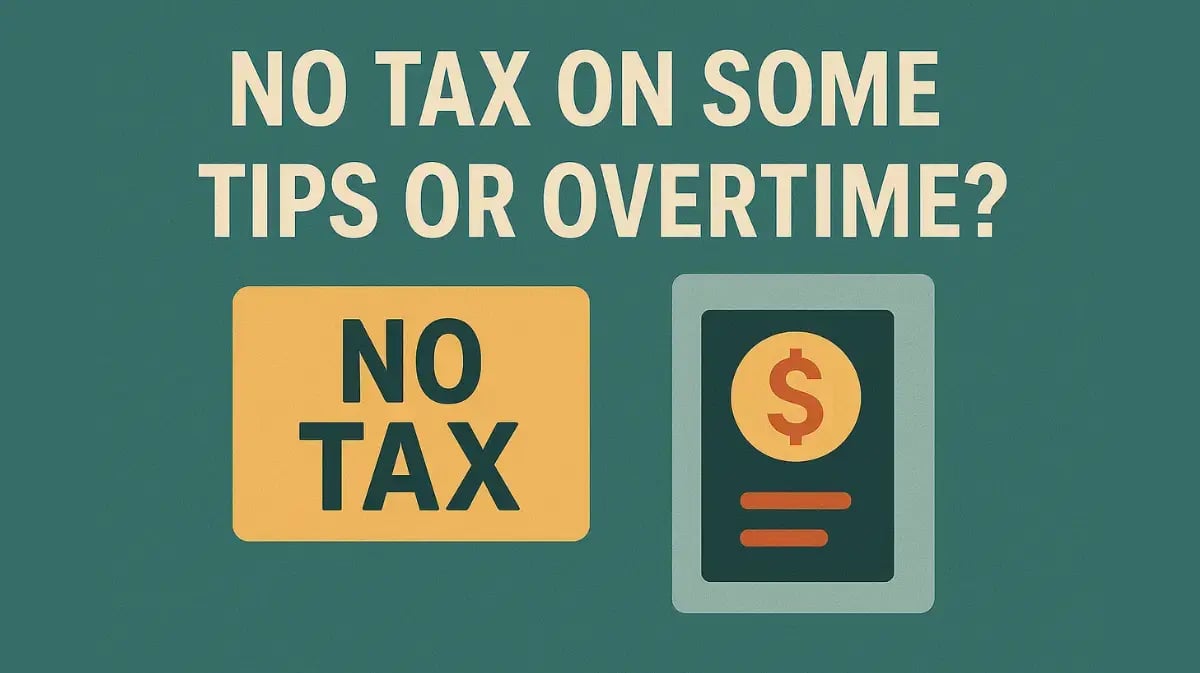
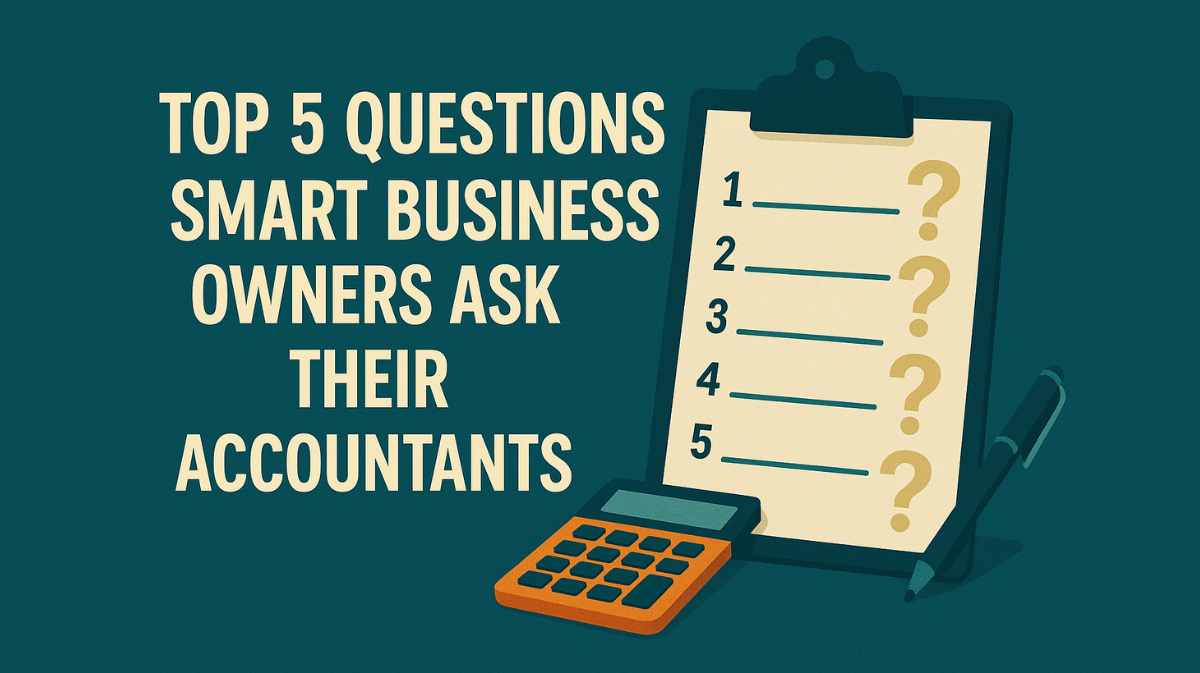



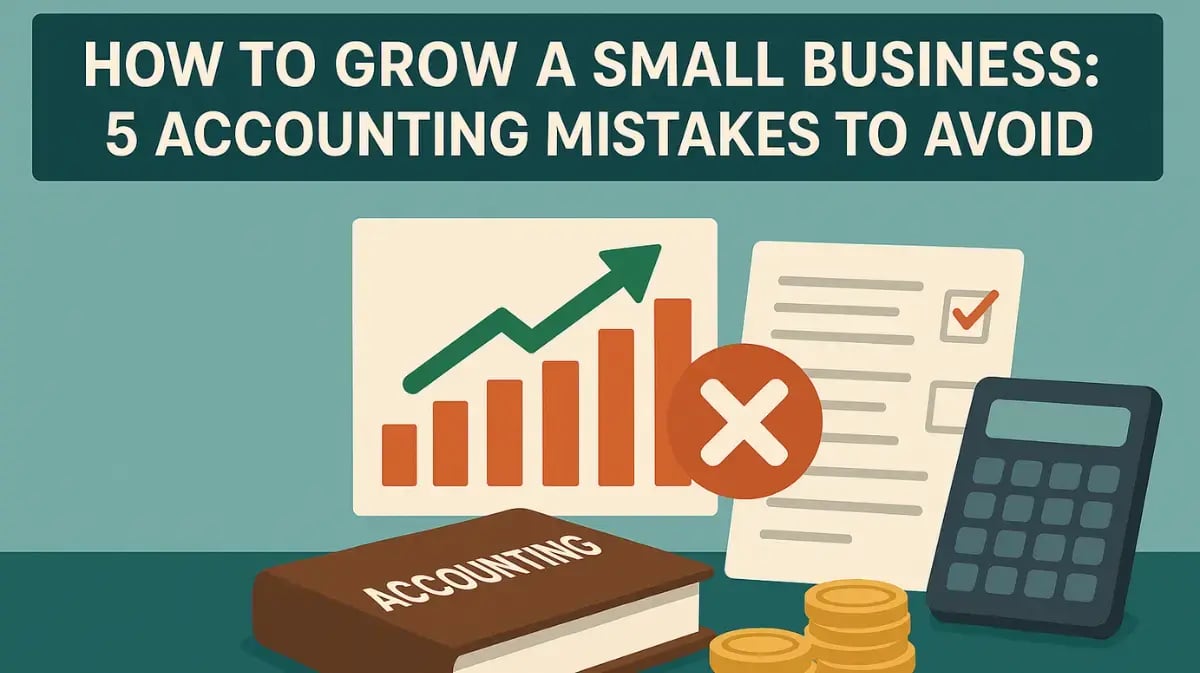

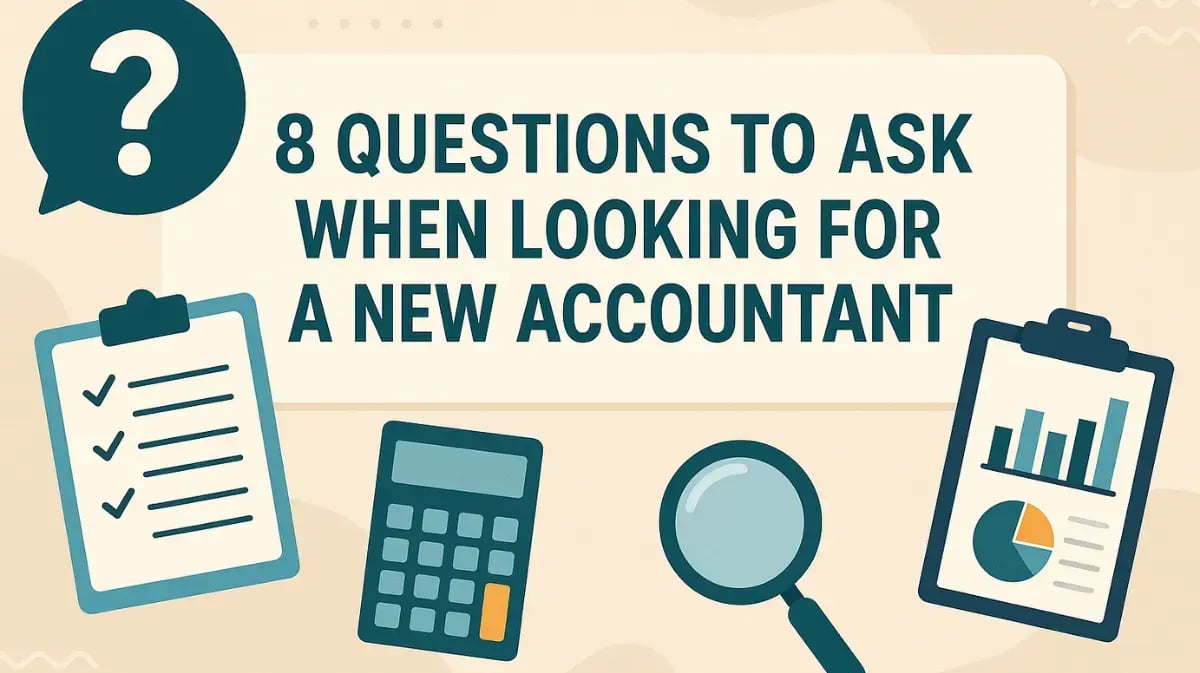
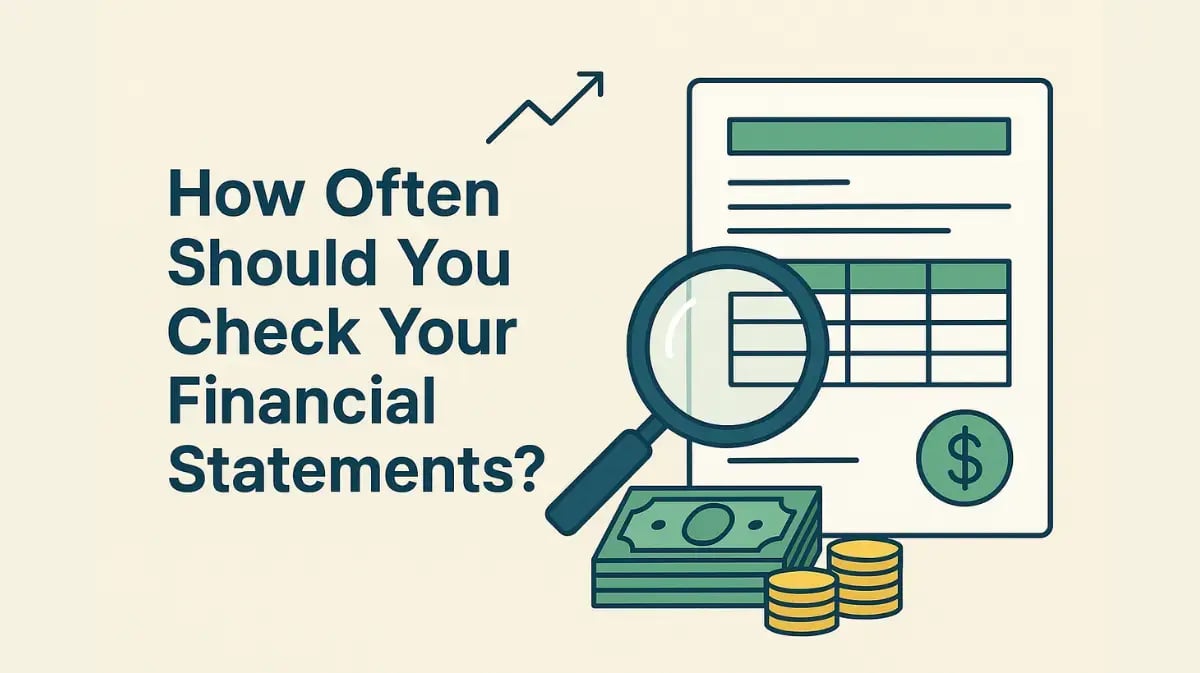
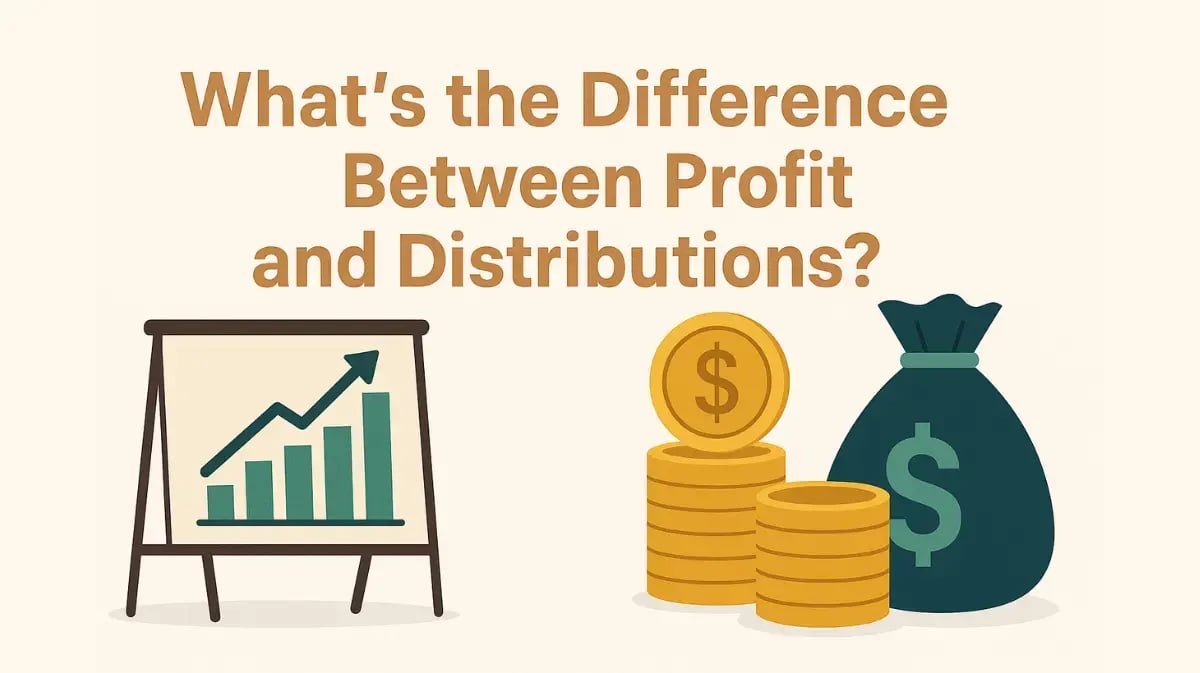
.webp?width=1200&height=673&name=5%20Common%20Accounting%20Frustrations%20(and%20How%20to%20Find%20a%20Better%20Solution).webp)
